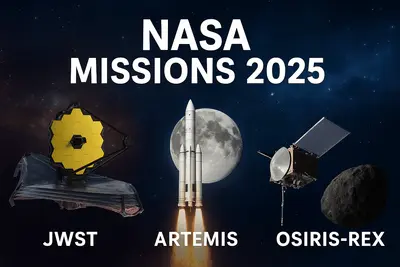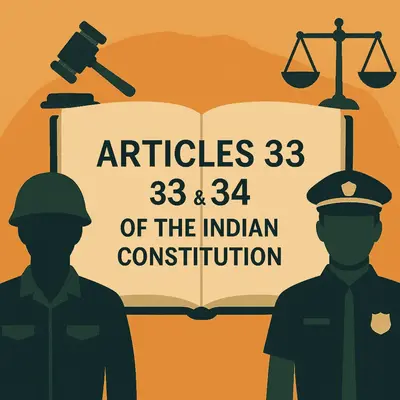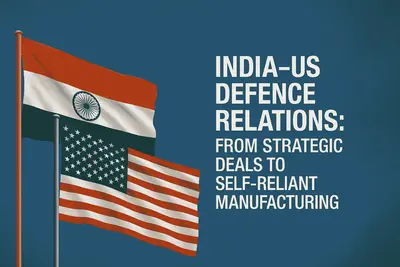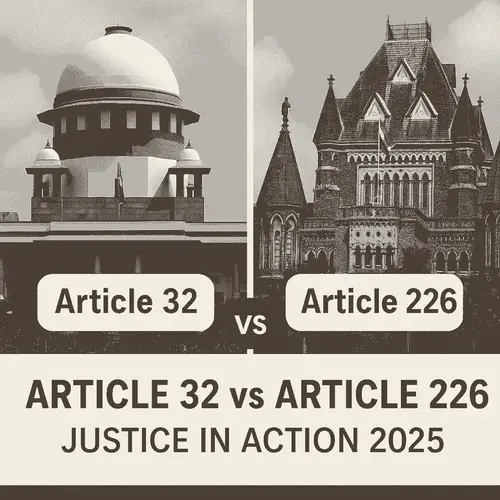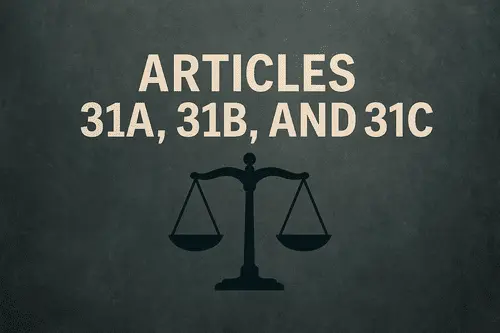NASA Space Missions and Global Space Governance – UPSC Insights 2025
Introduction –NASA space Missions NASA (National Aeronautics and Space Administration) is at the helm of space exploration around the globe — searching for answers to humanity’s deepest questions about how the cosmos evolved, the formation of planetary systems, and the search for life in our universe. Beyond the expansion of scientific knowledge regarding the solar […]
NASA Space Missions and Global Space Governance – UPSC Insights 2025 Read More »
